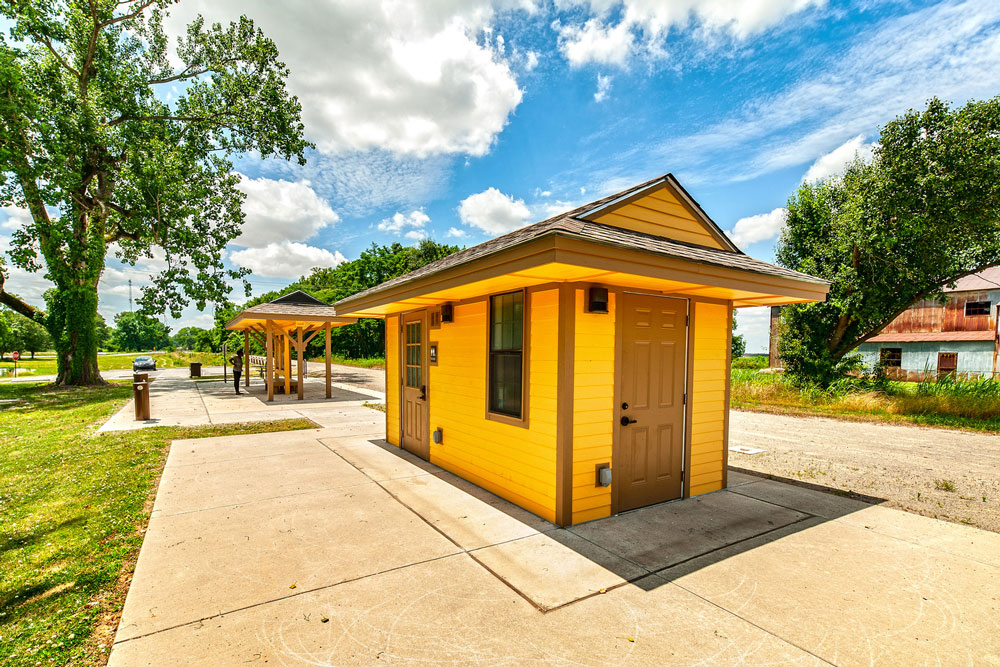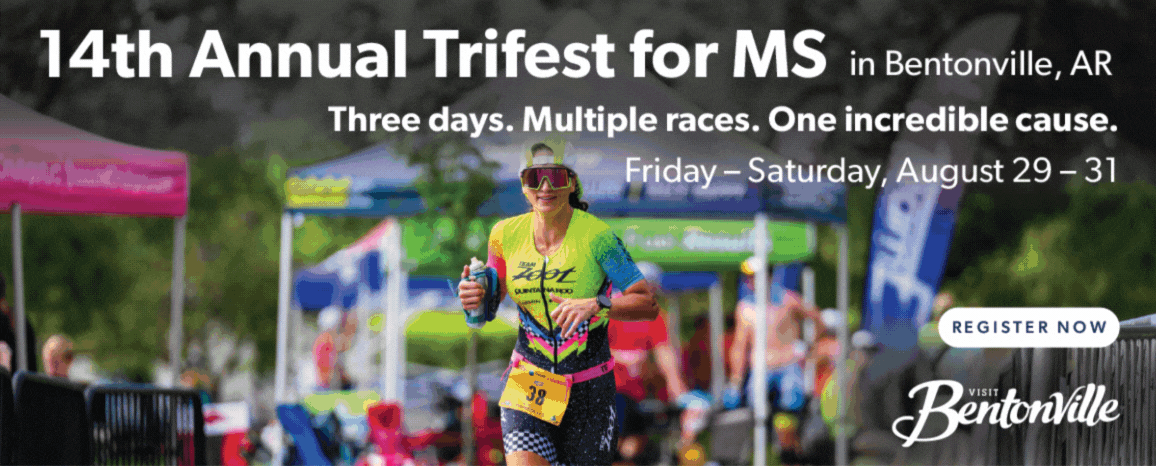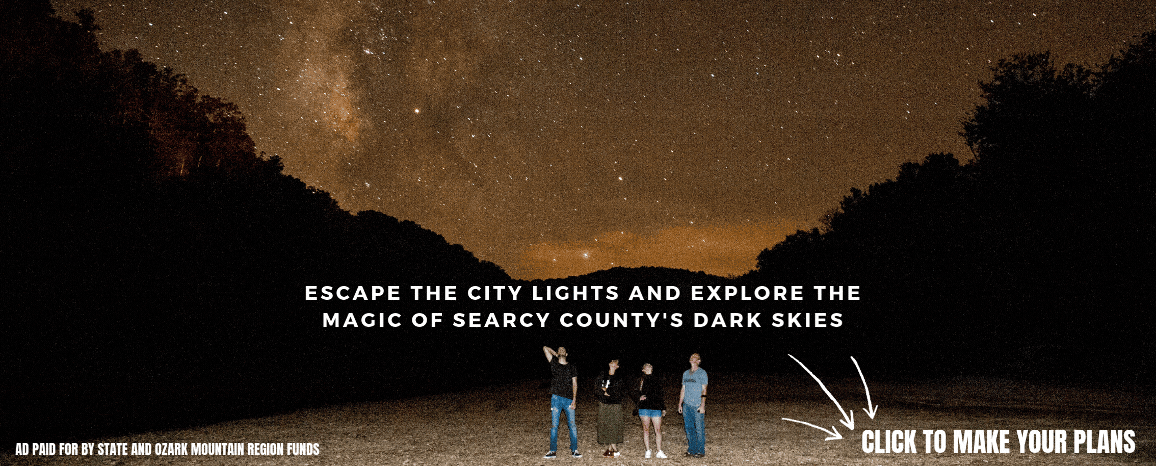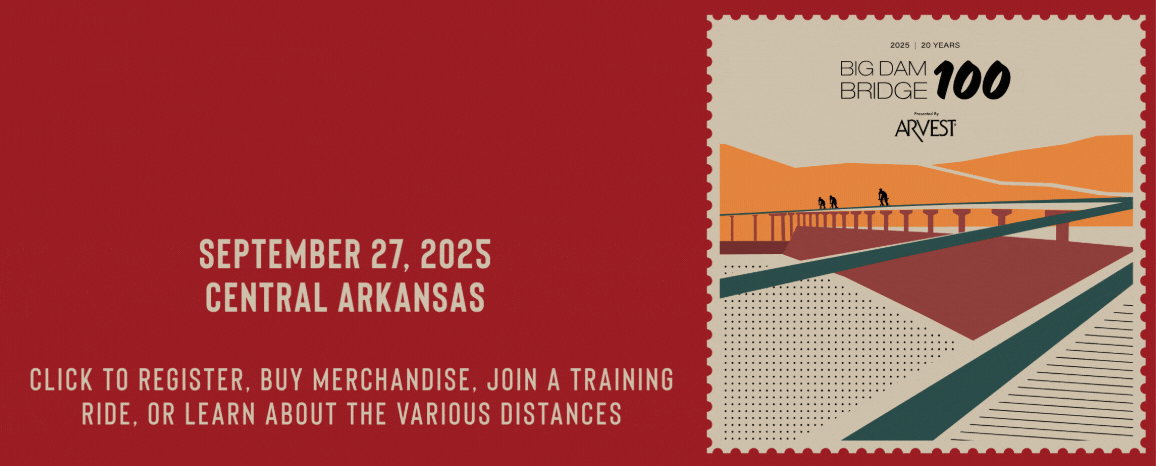LITTLE ROCK, Ark. — As part of its Trail Nation Spotlight series, the Rails-to-Trails Conservancy (RTC) hosted a webinar this month focusing on the Delta Heritage Trail in East Arkansas, highlighting its progress, community partnerships, and statewide economic impact.
Becky Flynn, deputy director of the Arkansas Office of Outdoor Recreation, joined RTC’s Liz Thorstenson and Cass Marburger to discuss how the 85-mile rail-to-trail conversion is evolving into a major recreational and economic driver in the Arkansas Delta.
The Delta Heritage Trail, a state park project managed by Arkansas State Parks, has been undergoing phased construction since 2002, stemming from a 1992 donation from Union Pacific. The trail now includes over 80 miles of finished surface, primarily crushed gravel, winding through rich ecological and cultural landscapes.
“We’re connecting communities through some of the most remote and beautiful parts of our state,” Flynn said. “This trail celebrates the Delta’s unique wildlife, music, food, and heritage, while generating economic opportunity.”
Flynn emphasized the trail’s cultural interpretation features, such as historic signage and restored train depots, designed to tell the stories of those who lived and traveled along the corridor. Park staff have worked to match paint colors, architecture, and stories to the original railroad era.
Recent years have seen increased funding through a $20 million federal RAISE grant from the U.S. Department of Transportation and a matching donation from the Walton Family Foundation. These funds will help complete major infrastructure components, including bridges over wetlands and rivers.
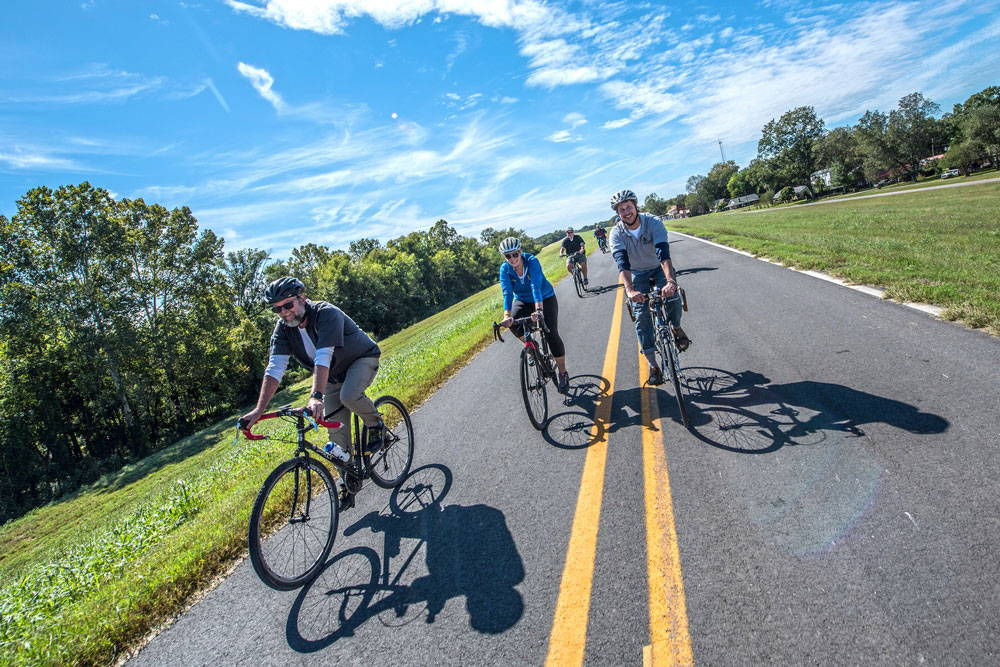
Flynn also spotlighted the economic potential. A 2019 impact study projected a $13 million annual benefit for surrounding communities, driven by tourism, transportation, and retail. Arkansas is already ranked No. 1 in the U.S. for outdoor recreation construction growth, according to Bureau of Economic Analysis data.
As part of a broader Natural State Initiative championed by Gov. Sarah Huckabee Sanders, Arkansas offers Opportunity Zone tax incentives for businesses near trailheads. The program promotes lodging, food, gear rentals, and other amenities to support visitors and local entrepreneurs.
The Office of Outdoor Recreation is partnering with the Arkansas Small Business and Technology Development Center to map trail-user demographics and identify market gaps in services, such as outfitters and restaurants. Marketing efforts will include custom itineraries, regional outreach, and trail-branded wayfinding signage to enhance user experience.
“We’re not waiting until the trail is 100% complete to activate it,” Flynn said. “People are already out there riding and discovering what makes the Delta so special.”
Future plans include hosting events like the Arkansas Graveler gravel bike ride and building collaborations with industry partners, universities, and conservation agencies. Trail activation will also include family-friendly races, cultural events, and expanded kayak access points.
When asked what advice she would give to rural trail planners, Flynn urged persistence and grassroots engagement.
“Start with one champion and build from there,” she said. “These projects take time, but with the right stakeholders and clear communication about impact, communities start to see what’s possible.”
The Trail Nation Summit, where these strategies and others will be explored in greater depth, will take place in Cleveland, Ohio, from Oct. 27 to 29.
Photos courtesy of the Arkansas Department of Parks, Heritage and Tourism (ADPHT).
This article was originally published on ArkansasOutside.com, your trusted source for outdoor news and updates in The Natural State. Unless otherwise credited, all photos included in this piece are the property of Arkansas Outside, LLC. We take pride in sharing the beauty and adventures of Arkansas through our lens—thank you for supporting our work!


